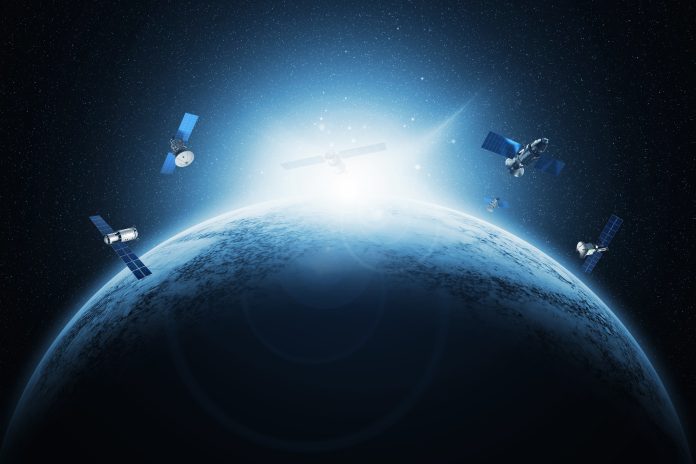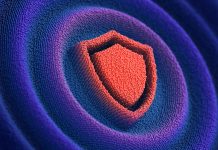The UK Space Agency has allocated more than £380,000 to advance international research into space debris, underscoring the UK’s leadership in global space sustainability efforts
The funding supports ten technical studies that contribute directly to the work of the Inter-Agency Space Debris Coordination Committee (IADC), the principal international forum coordinating scientific research on space debris risks in Earth orbit.
International collaboration
The IADC brings together 13 member space agencies and three associate members to discuss the challenges posed by space debris.
With more than three decades of activity, it coordinates research across four specialist working groups focused on measurements, environment and database development, modelling, and mitigation approaches.
The new UK-funded studies will support these groups by providing data, analytical tools, and technical insights. The IADC’s work highlights recognised Space Debris Mitigation Guidelines, which have influenced regulatory practices across spacefaring nations and remain a foundational framework for managing orbital sustainability.
Advancing techniques to understand and reduce debris
Research within the IADC spans a wide range of technical challenges, including evaluating shielding methods to protect spacecraft against micrometeoroids and debris fragments, and improving models to predict how the orbital debris population will evolve.
The new studies funded by the UK are intended to strengthen these areas, supporting both scientific understanding and the development of practical mitigation solutions.
The UK Space Agency emphasises that the insights generated through these studies will support global efforts to preserve safe access to space, while reinforcing the UK’s reputation as a proactive contributor to international space sustainability initiatives.
UK leadership in space sustainability and ISAM
The funding forms part of the UK’s bigger commitment to space sustainability and its growing portfolio of work in In-orbit Servicing, Assembly and Manufacturing (ISAM). These activities are jointly delivered by the UK Space Agency and the Department for Science, Innovation and Technology’s Space Directorate.
This programme covers regulatory development, standards for responsible space operations, investment in space surveillance and tracking capabilities, and innovation in technologies for Active Debris Removal and future on-orbit servicing missions.
The UK’s role within the IADC and its engagement with the United Nations Committee on the Peaceful Uses of Outer Space (UNCOPUOS) underscores its intent to shape international norms for sustainable space activity.
Funded studies and their focus
The supported studies cover a diverse range of technical topics relevant to debris monitoring, modelling, and mitigation:
- Analysis of data from the EISCAT Beampark campaign – Digantara Research and Technologies Private Ltd
- Utility of existing and new metrics for characterising the space environment – University of Birmingham; University of Strathclyde
- Development of software and tools for environmental assessment – University of Birmingham; SpaceROC Ltd
- Assessment of timeliness for end-of-life proposals – University of Birmingham; The Aerospace Corporation UK, Ltd
- Critical space debris threshold vulnerability – The Aerospace Corporation UK, Ltd
- Lunar debris mitigation guidelines and disposal options – Space Professionals Partnership Ltd
- Assessment of technologies improving post-mission disposal reliability – 3S Northumbria Ltd
These studies are expected to contribute meaningful data and analysis to ongoing international research, supporting improved models, more effective mitigation practices, and a clearer understanding of long-term debris risks in both Earth orbit and emerging lunar operational environments.











